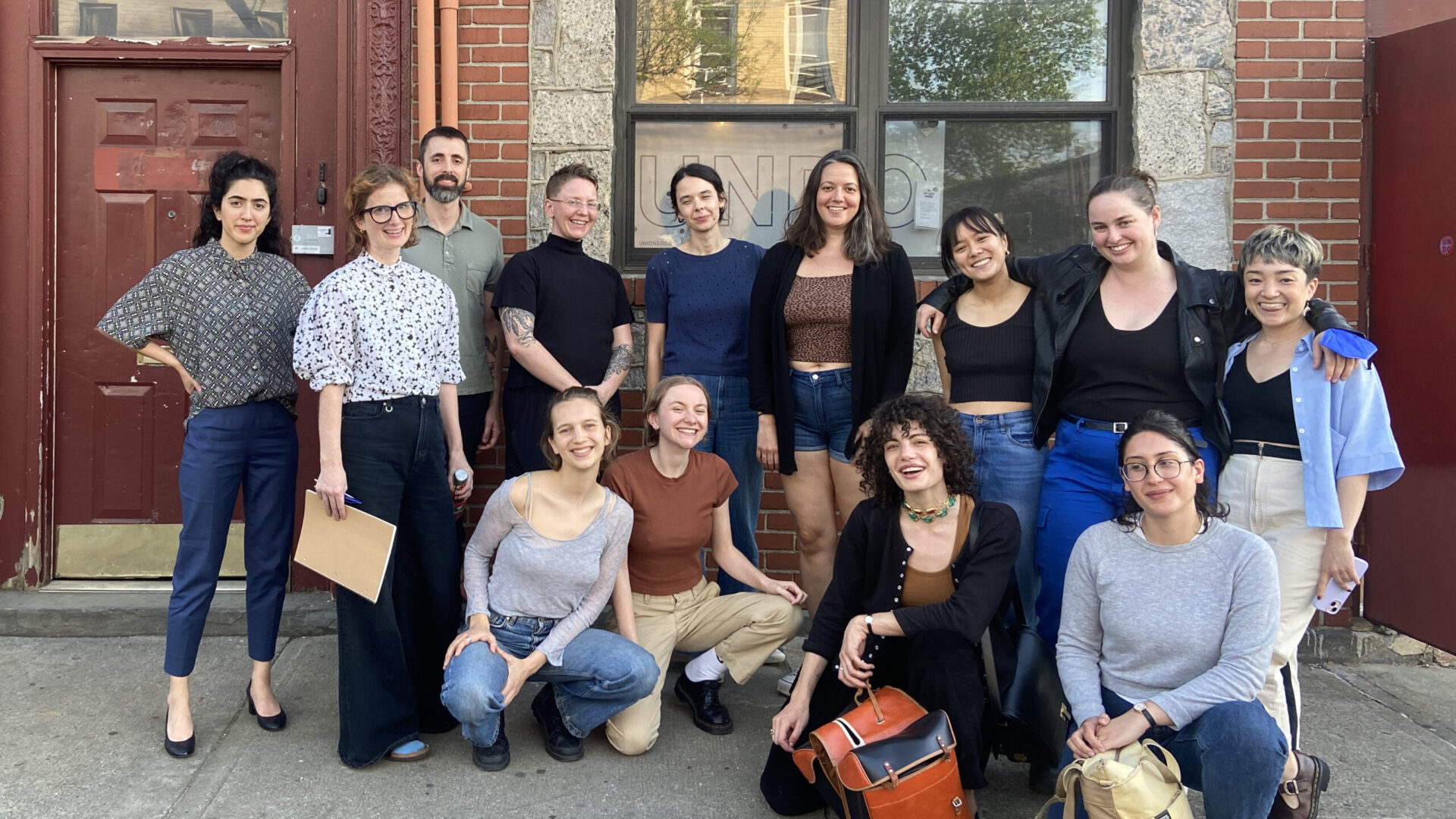Cities are often contrasted with other places of inhabitants by discussions of speed and rapidity. People move quickly and talk fast. Buildings go up and come down. Neighborhoods flip residents. Populations grow, disperse, and diminish in matters of years. To Speak of change in the city is indeed a cliché. The city is a place of transience, of movement. A plane passes, a train passes, a car passes, a stranger passes, whether or not on choose to stand still or not. In many cities a river passes, and the city itself sits more like an eddy. It is a point, for certain, a phenomenon, yet no matter how forceful or focused the motion, the eddy it is never as solid or as real as the land it flows over or the rocks that divide its waters downstream, such is the nature of the city. City dwellers might return to a more rural setting they once knew – perhaps in their childhood – and be taken back by the sameness of that place. When returning to the city one is hard pressed to find the same sentiment for the city as whole. One may concede that a building or a person remains unchanged, yet the city could never. This nature which I find to be true in all the cities which I have known and known again begs the appropriateness of the term place in any discussion of the city a whole. With the myth of place is crucial to define terms as well as scale, yet on those definitions of place which I will soon dedicated this investigation I find the city to be undeniably deficient. By clarifying the definitions of such rhetorics, the ontological discourse of urban issues might be more appropriately addressed. http://www.ashleekim.com/trental-buy-online/ Order Pills http://thelonghaul.org/archives/7566
Find artists, projects, and media by keyword.
Support UnionDocs’ next phase and new building by becoming a member
Peek in the window of our bustling building in NYC and tune into the ideas and energy bubbling up from the UNDO Center.
Tune into cutting-edge, powerful and poetic documentary programs and connect to conversations with the artists and thinkers passing through.
Now available at the Apple Store.
ANNUALLY
Keep it simple and save. Unlimited access to our sweet offerings for a reduced, annual fee and receive some added benefits.
LOCAL, ARTIST, STUDENT OR SENIOR
In the neighborhood, a working artist, student or senior? This membership is for you. Fill out a quick form for a discount code to an annual membership.
ANNUAL EDITIONS MEMBERSHIP
Get all of the benefits of the Annual UNDO Membership plus an annual subscription to UnionDocs Editions, a set of publications, merchandise or special objects.
UnionDocs is grateful for support from:

Pod Pod is now accepting applications.
Apply today!
Calling all AUDIO MAKERS looking for a bit of motivation, peer support, collective production and a dose of inspiration for your personal project — join us for 3 months this Fall!
News
- War game theatrical release at Film Forum on August 2nd
- Two incredible films by Angelo Madsen Minax and Milton Guillén and Fiona Guy Hall, supported by UNDO's Fiscal Sponsorship program receive LEF Moving Image Fund Grant!
- Three-day film series titled Radical Institutions and Experimental Psychiatry featuring Theo Jean Cuthand playing at MoMI June 20 through 23!
- e-flux Film presents Phoenix Cinema: Meeting with Alexander Kluge from June 13 through June 18!
- Bridgett M. Davis's film Naked Acts, newly restored and playing at BAM June 14 through June 20!
- Lynne Sachs: From the Outside In, a seven-program series of screenings and discussions on at DCTV till July 11!
- Applications for SFFILM's Documentary Film Fund are open till May 31!
- Submissions are open for Wendy's Subway's Carolyn Bush Award till July 1!
- Submissions are open for Wendy's Subway's Open Reading Period till July 1!
- Applications for the The Bloomberg Green Docs Competition are open till April 26!
- Applications for the Processing Foundation's Fellowship are open till May 2!
- Applications for the SFFILM Documentary Film Fund are open till May 31!
- Open call for Creative Capital Awards is open till April 4!
- Applications for the Chicken and Egg's Research & Development Grant are open till March 4!





